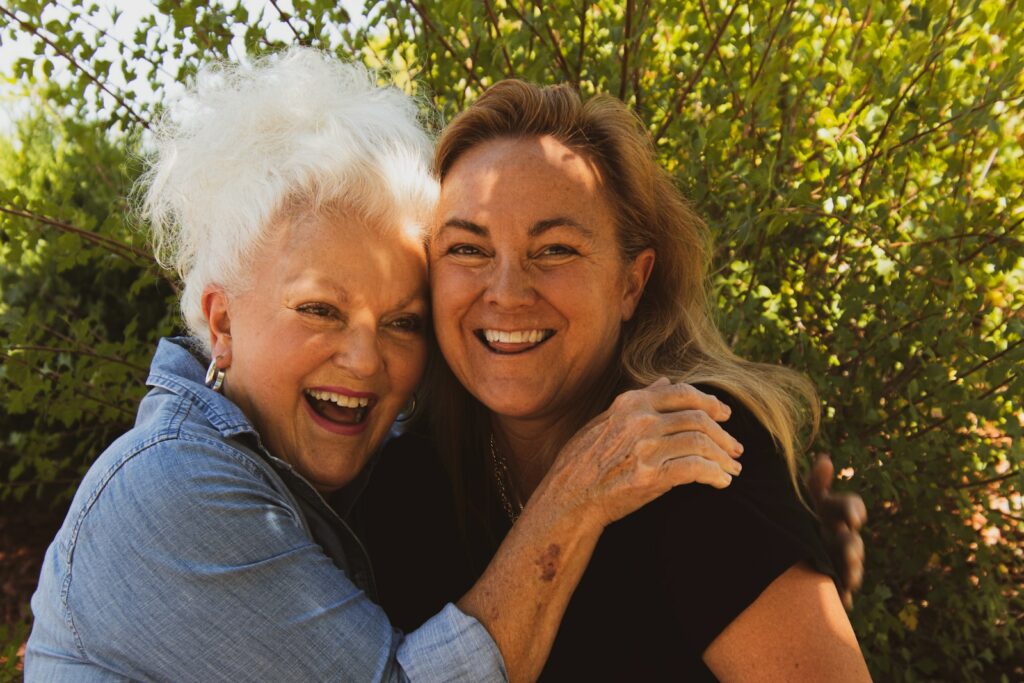Have you ever thought about the impact hobbies can have on a person’s life, especially in their senior years?
A hobby is an activity that we engage in for pleasure or relaxation, usually done during our leisure time. As we advance into our golden years, it’s paramount to keep our minds sharp and our spirits high. And what better way to do this than to engage in hobbies? They not only fill our time but also provide numerous mental and physical benefits.
Importance of Hobbies for Seniors
The importance of hobbies for seniors cannot be overstated. They provide a sense of accomplishment, challenge, and satisfaction. In addition, they can help reduce stress, enhance self-esteem, and promote a sense of purpose. Who knew that something as simple as painting or gardening could have such profound benefits?
Discovering New Hobbies
You may ask, “How do I discover new hobbies?” It’s simpler than you think! Start by trying out activities you’ve always been curious about, or revisit ones you’ve previously enjoyed but lost touch with. Don’t be afraid to step out of your comfort zone. Remember, the journey to discovering new passions is a voyage of self-discovery.
Engaging Hobbies for Seniors
Some seniors may find it challenging to identify new hobbies. So, here are some engaging activities for seniors to explore. How about bird watching, knitting, or even joining a book club? Or perhaps, learning a new instrument or a foreign language. The possibilities are endless.
Health Benefits of Hobbies
Engaging in hobbies isn’t just for fun, they also have substantial health benefits. They can boost mental health by reducing stress and anxiety. Plus, they promote physical health by encouraging movement and fine motor skills. Isn’t it incredible how something enjoyable can be so beneficial?
Community Connection Through Hobbies
Hobbies can serve as a fantastic way to connect with the community. Participating in group activities can foster social connections and build strong bonds. So, join that local gardening club or chess club. Who knows? You may make lifelong friends along the way.
Turning Hobbies into Passions
The true magic lies in turning hobbies into passions. You know when a hobby has become a passion when you lose track of time doing it. So, find what makes your heart sing and your spirit soar. Make it more than just a hobby. Make it a passion.
Combating Loneliness with Hobbies
Senior years can sometimes be accompanied by a sense of loneliness. However, hobbies can help combat this. They provide a purpose and an avenue for self-expression. Who knew that painting could be so much more than just colors on a canvas?
The Joy of Lifelong Learning
Lastly, hobbies foster the joy of lifelong learning. Learning new skills can be a thrilling journey, one that keeps the mind active and engaged. So why not pick up that guitar or start learning Spanish? Remember, you’re never too old to learn something new.
Conclusion
In conclusion, senior hobbies are an excellent way for our elders to keep engaged, mentally sharp, physically healthy, and socially connected. So, to all seniors out there, venture into the world of hobbies and discover your new passions. You might be pleasantly surprised by the treasures you uncover.
FAQs
Q1: What are some good hobbies for seniors? A1: Some good hobbies for seniors include bird watching, knitting, joining a book club, learning a new instrument, or studying a foreign language.
Q2: Why are hobbies important for seniors? A2: Hobbies are important for seniors as they provide a sense of accomplishment, help reduce stress, enhance self-esteem, and promote a sense of purpose.
Q3: How can seniors discover new hobbies? A3: Seniors can discover new hobbies by trying out activities they’ve always been curious about or revisiting past hobbies that they’ve lost touch with.
Q4: Can hobbies help combat loneliness in seniors? A4: Yes, hobbies provide a sense of purpose and an avenue for self-expression, which can help combat feelings of loneliness.
Q5: How do hobbies promote lifelong learning? A5: Hobbies encourage seniors to learn new skills and knowledge, thus promoting the joy of lifelong learning.

